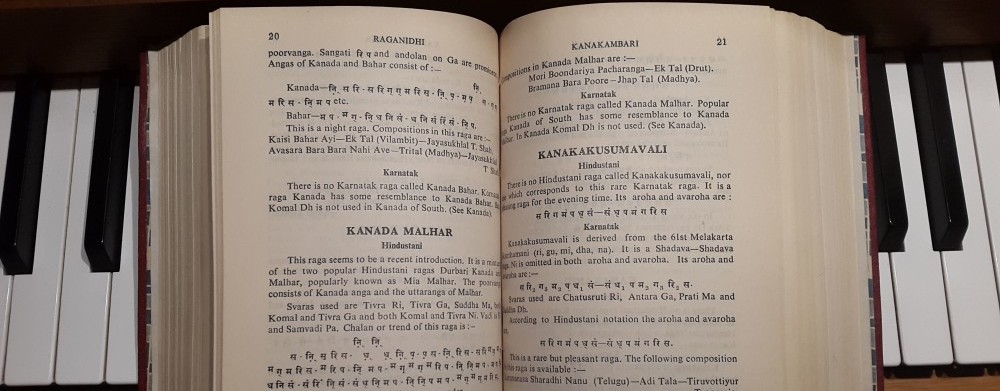On Saturday I had a great night at the opera, here in Amsterdam. I witnessed a marvellous performance of Richard Strauss’ opera ‘Daphne’. Ingo Metzmacher seemed at ease with the complicated score and was conducting the Dutch Philharmonic Orchestra and The Netherlands Opera Choir in a flawless fashion. The vocal soloists thrived on this and they all performed very well.
A video I made for YouTube, with some marvellous music from Daphne
The opera is based on Greek mythology: the young girl Daphne refuses to submit to the mores of (a decaying) society, rejects them and finally transforms into a tree. ‘Daphne’ was premiered in Dresden in october 1938, in the midst of Germany’s nazi-regime (1933-1945). Strauss’ non-political escapism to Greek mythology in this period obviously reveals a desire for complete detachment from the Nazi-controlled society and from the ground where he was standing at the time. Paradoxically however, the attempt to avoid in Daphne any reference to actual matters in Nazi-Germany seems to be clearly the outcome of the current affairs in those days and therefore Daphne in a way strongly reflects them, a thought that is convincingly revealed in German director Peter Konwitschny’s interpretation of the opera.
By the end of the nineteen-thirties, a politically naive Richard Strauss was somehow -like Daphne- trapped in a tragic situation, caught in a similar dilemma. Which side do you choose under difficult circumstances in a morally decaying society? Do you adapt and play the game that you’re supposed to play, or do you refuse and quit it?
Strauss had been famous and respected in Germany and abroad for many decades and was already an aged man – almost 70 – when Hitler came to power in 1933. Under Hitler’s reign Strauss became President of the Reichsmusikkammer for two years (1933-1935), he composed the Olympic Hymn for the Olympics in Berlin in 1936 and he conducted opera’s in front of Nazi-bigwigs. There’s no doubt Strauss disliked the nazi’s, but he never openly declared himself against them or thought about leaving Germany. He always claimed to have stayed politically neutral in his role as President of the Reichsmusikkammer and that he was merely trying to protect culture and music as best as he could, but how naive can you be? On the other hand, he clearly resisted the ‘cultural barbarism’ of the nazi-regime, he tried to protect Jewish musicians and his Jewish librettist Stefan Zweig and -on a more personal level at home- he tried to protect and save his own Jewish family members from the crushing murder machine of the Nazi police-state. Anyhow, I think the controversial Strauss is to pity for his wavering attitude towards the nazi-regime.
For Daphne there seems to be a perfect escape from her dilemma, at the end of the opera she transforms into a tree. Strauss wrote gorgeous and moving music for this scene and the way it was staged here in Amsterdam was brilliant. I think deep in his heart Strauss might have wished for himself an escape like his Daphne, resulting in complete detachment. In this regard it’s no wonder that after the first succesful performances of Daphne Strauss declared in 1939 that he now liked to stay with the ‘Old Greeks’ for the rest of his life.
HOME

